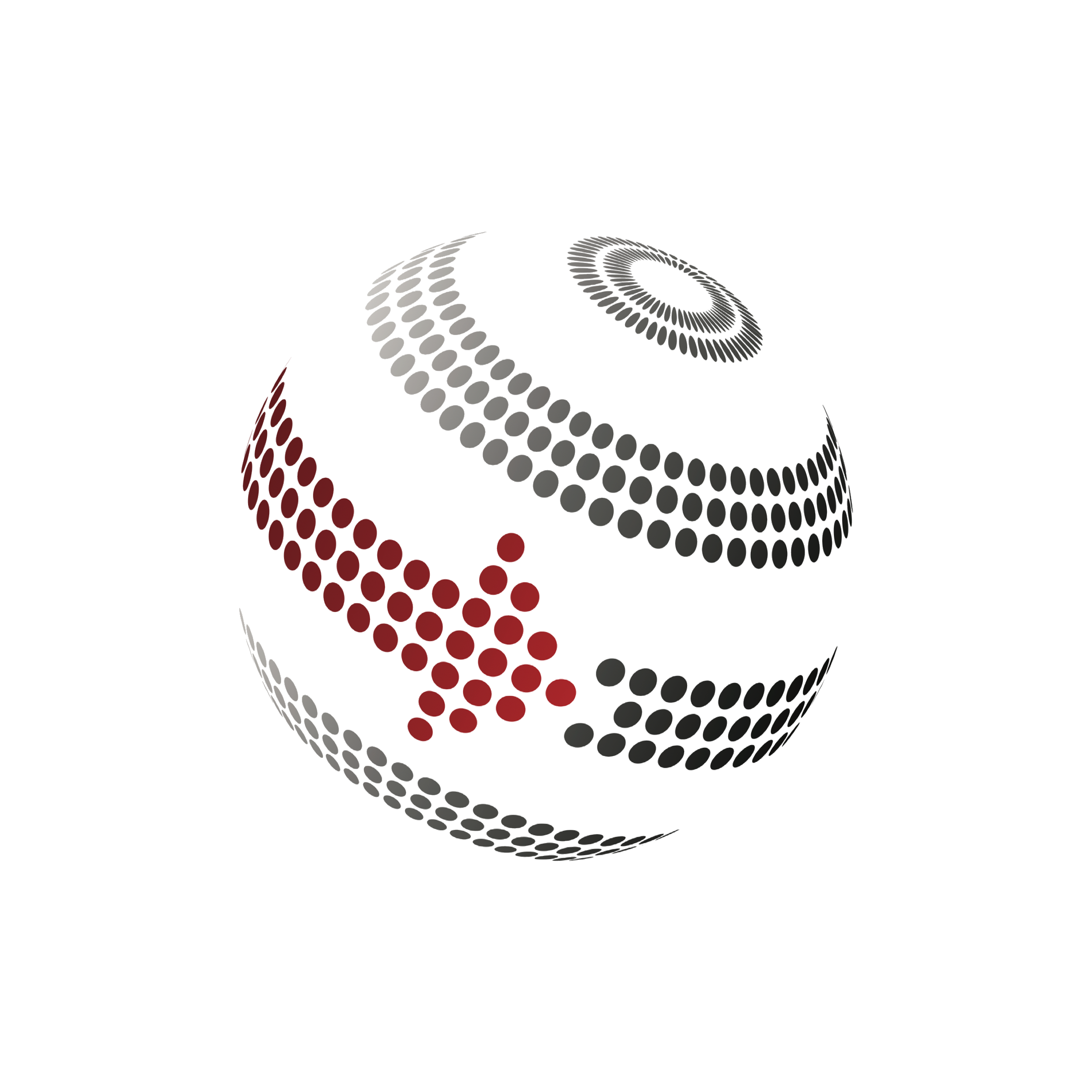LOCATIONS
Kent
Essex
London
All areas in the radius of the m25
KNOWLEDGE
The organisation
- Understands organisational purpose, activities, aims, values, vision for the future, resources and the way that the political/economic environment affects the organisation.
- Knows organisational structure and demonstrates understanding of how their work benefits the organisation.
- Knows how they fit within their team and recognises how their skills can help them to progress their career.
- Has a practical knowledge of managing stakeholders and their differing relationships to an organisation.
- This includes internal and external customers, clients and/or suppliers.
- Liaises with internal/external customers, suppliers or stakeholders from inside or outside the UK.
- Engages and fosters relationships with suppliers and partner organisations.
- Understands laws and regulations that apply to their role including data protection, health & safety, compliance etc.
- Supports the company in applying the regulations.
- Understands the organisation's internal policies and key business policies relating to sector.
- Understands the applicability of business principles such as managing change, business finances and project management.
- Understands the organisation's processes, e.g. making payments or processing customer data.
- Is able to review processes autonomously and make suggestions for improvements.
- Applying a solutions-based approach to improve business processes and helping define procedures.
- Understands how to administer billing, process invoices and purchase orders.
- Understands relevant external factors e.g. market forces, policy & regulatory changes, supply chain etc. and the wider business impact).
- Where necessary understands the international/global market in which the employing organisation is placed.
SKILLS
IT
- Skilled in the use of multiple IT packages and systems relevant to the organisation in order to: write letters or emails, create proposals, perform financial processes, record and analyse data.
- Examples include MS Office or equivalent packages.
- Able to choose the most appropriate IT solution to suit the business problem.
- Able to update and review databases, record information and produce data analysis where required.
- Produces accurate records and documents including: emails, letters, files, payments, reports and proposals.
- Makes recommendations for improvements and present solutions to management.
- Drafts correspondence, writes reports and able to review others' work.
- Maintains records and files, handles confidential information in compliance with the organisation's procedures.
- Coaches others in the processes required to complete these tasks.
- Exercises proactivity and good judgement.
- Makes effective decisions based on sound reasoning and is able to deal with challenges in a mature way.
- Seeks advice of more experienced team members when appropriate.
- Builds and maintains positive relationships within their own team and across the organisation.
- Demonstrates ability to influence and challenge appropriately.
- Becomes a role model to peers and team members, developing coaching skills as they gain area knowledge.
- Demonstrates good communication skills, whether face-to-face, on the telephone, in writing or on digital platforms.
- Uses the most appropriate channels to communicate effectively.
- Demonstrates agility and confidence in communications, carrying authority appropriately.
- Understands and applies social media solutions appropriately.
- Answers questions from inside and outside of the organisation, representing the organisation or department.
- Completes tasks to a high standard.
- Demonstrates the necessary level of expertise required to complete tasks and applies themself to continuously improve their work.
- Is able to review processes autonomously and make suggestions for improvements.
- Shares administrative best-practice across the organisation e.g. coaches others to perform tasks correctly.
- Applies problem-solving skills to resolve challenging or complex complaints and is a key point of contact for addressing issues.
- Takes responsibility for initiating and completing tasks, manages priorities and time in order to successfully meet deadlines.
- Positively manages the expectations of colleagues at all levels and sets a positive example for others in the workplace.
- Makes suggestions for improvements to working practice, showing understanding of implications beyond the immediate environment (e.g. impact on clients, suppliers, other parts of the organisation).
- Manages resources e.g. equipment or facilities.
- Organises meetings and events, takes minutes during meetings and creates action logs as appropriate. Takes responsibility for logistics e.g. travel and accommodation.
- Uses relevant project management principles and tools to scope, plan, monitor and report.
- Plans required resources to successfully deliver projects.
- Undertakes and leads projects as and when required.
BEHAVIOURS
Professionalism
- Behaves in a professional way.
- This includes: personal presentation, respect, respecting and encouraging diversity to cater for wider audiences, punctuality and attitude to colleagues, customers and key stakeholders.
- Adheres to the organisation's code of conduct for professional use of social media.
- Acts as a role model, contributing to team cohesion and productivity – representing the positive aspects of team culture and respectfully challenging inappropriate prevailing cultures.
- Shows exemplary qualities that are valued including integrity, reliability, self-motivation, being pro-active and a positive attitude.
- Motivates others where responsibility is shared.
- Takes responsibility for their own work, accepts feedback in a positive way, uses initiative and shows resilience.
- Also takes responsibility for their own development, knows when to ask questions to complete a task and informs their line manager when a task is complete.
- Performs thorough self-assessments of their work and complies with the organisation's procedures.
- Is able to accept and deal with changing priorities related to both their own work and to the organisation.
- Demonstrates taking responsibility for team performance and quality of projects delivered.
- Takes a clear interest in seeing that projects are successfully completed and customer requests handled appropriately.
- Takes initiative to develop own and others' skills and behaviours.
ELIGIBILITY
Organisations will set their own entry criteria and are more likely to select individuals with more advanced inter- personal skills, experience of working with customers in some capacity.
You must achieve level 2 English and maths prior to taking the end point assessment.
DOWNLOADABLE CONTENT
LEARNERS
Company number 06646330
